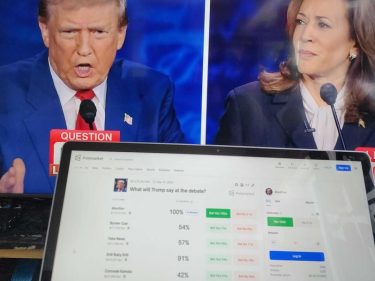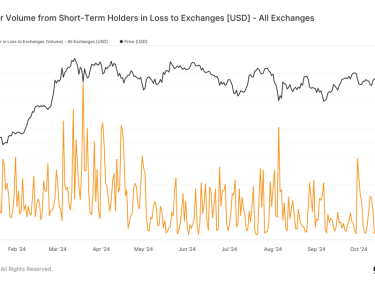In an era where digital natives reign supreme, Gen-Z women are navigating a landscape vastly different from any preceding generation. Born into a world where social networks are as essential as the air they breathe, these individuals wield technology with finesse, utilizing it not only to communicate their identities, engage with others but also to sculpt their public personas.
However, amidst the allure of infinite opportunities and the tantalizing prospect of global connectivity lies a paradox: while Gen-Z women are adept at leveraging technology to enhance their personal brands, they may be inadvertently neglecting a crucial opportunity to effect positive change in society.
Stefania Barbaglio is the founder of public and investor relations company Cassiopeia.
For many young women of this generation, the digital realm serves as both a canvas and a stage. Social media platforms offer a medium through which they can curate their image, projecting an idealized version of themselves to the world without the need for physical alteration. With the rise of influencer culture, these individuals find themselves thrust into the spotlight, their online personas meticulously crafted to garner attention, recognition and status.
Yet, in the pursuit of visibility and validation, are they overlooking the broader implications of their digital influence?
The proliferation of non-fungible tokens (NFTs) has only served to amplify this phenomenon. For some young women, their digital avatars or profile pictures serve as more than just a representation of self; they are symbols of status within specific online communities. However, in their quest for belonging and recognition, are they sacrificing genuine connections for fleeting virtual validation?
Indeed, the sense of community fostered by online interactions can be both empowering and isolating. While digital networks offer the promise of global connectivity, relationships formed in this virtual realm may lack the depth and authenticity of their real-world counterparts. As interactions become increasingly mediated by screens, the nuances of human connection risk being lost in translation.
Moreover, while the digital landscape presents boundless opportunities for self-expression and entrepreneurship, it also reflects and perpetuates existing disparities. Women remain underrepresented in industries such as finance and technology, and the world of crypto is no exception.
Despite the democratization of technology and access, systemic barriers persist, hindering the full participation of women in these male-dominated spaces.
See also: Women Who Web3
Amid these challenges lies a unique opportunity for Gen-Z women to rewrite the narrative. With the power of technology at their fingertips, they possess the tools to dismantle patriarchal structures and create a more inclusive future. The time is ripe for them to seize this opportunity, to harness their collective voices and drive meaningful change.
However, as we navigate this pivotal moment in history, it is essential to ask: do Gen-Z women truly grasp the magnitude of the opportunity before them? Are they cognizant of the power they wield as agents of change, or are they too preoccupied with crafting the perfect Instagram post?
While the allure of digital influence may be intoxicating, it is imperative that Gen-Z women recognize their capacity to effect real-world change. By leveraging their online platforms not only to cultivate their personal brands but also to advocate for social justice and gender equality, they can redefine what it means to be empowered in the digital age.
The women of Gen-Z stand at a crossroads, poised to shape the future in ways unimaginable to previous generations. It is incumbent upon them to embrace their potential as catalysts for change, to transcend the confines of virtual validation and embark on a journey toward meaningful impact.
For in the convergence of technology and empowerment lies the promise of a more equitable and inclusive world for all.




